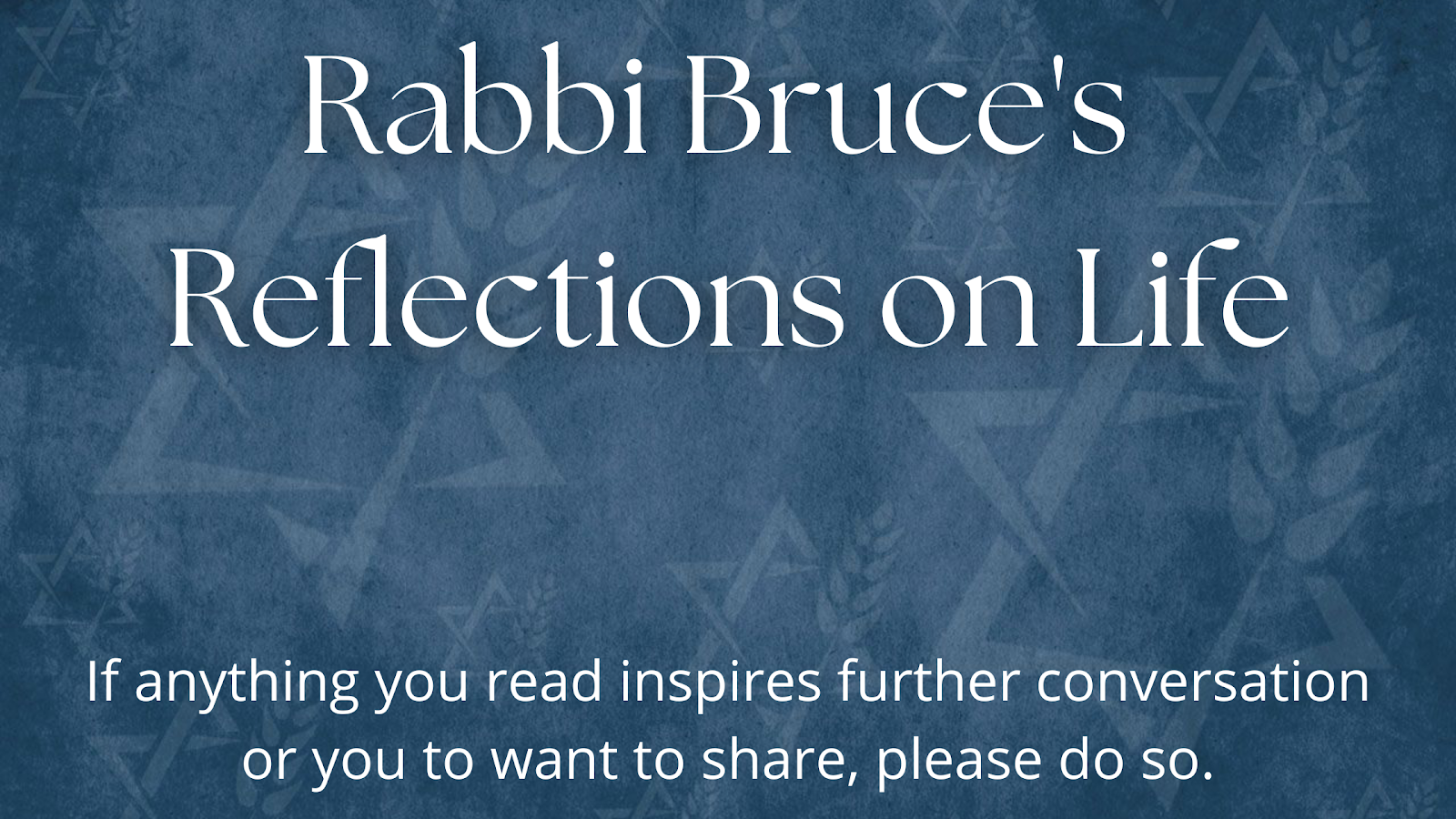What Elijah Teaches Us about Liberation
Dear Friends,
As I write this I am celebrating Shabbat at Temple Kol Ami in Ft. Mill, South Carolina.
Last night I shared my favorite story about Elijah the Prophet. We know that Elijah is renowned to wear disguises. In the story I shared, he shows up to a celebration dressed like a beggar and asks to join them. They turn him away and so he changes into fancy clothes and returns. Once again he asks if he can join them and they welcome him warmly. He is invited to sit at the head table and is treated like royalty. They bring him wine, food, drink and extend the warmest hospitality. As he receives all the food and drinks, he takes them and puts them into and on to his clothes. The hosts accept his eccentric behavior because he is dressed nicely and they assume he is important.
When he finally excuses himself to clean up, he returns dressed once again as a beggar. Needless to say, everyone is confused and they ask him what is going on. He explains that he is the same person, no matter what he is wearing. The reason he put the food and drink on to and into his clothes is because the party goers didn't invite him, but rather they invited his clothes. Therefore, he fed his clothes since they were welcome at the party, not him.
This Shabbat the Scriptural reading is taken from the portion in the Torah which is called "Tazria." The portion deals with leprosy. The ancient rabbis interpreted leprosy to be symbolic of "lashon hara", or negative speech. In the Bible, Miriam is afflicted with leprosy because she speaks negatively about her brother, Moses.
How often do we judge a book by its cover without reading the entire book? How often do we say negative things about people without getting to know them? I grew up with the phrase, "sticks and stones can break my bones, but words can never hurt me." Robert Fulgham, a Universalist Unitarian Minister wrote "sticks and stones can break my bones, but words can break my heart."
May we learn to turn our lashon hara into lashon hatov (good speech) and use our words to be kind to others. May we touch each other's hearts with caring and generous speech and actions.
As we celebrate the liberation of the Jewish people from slavery during Biblical times at our upcoming Festival of Passover, may we be freed from our tendency to make assumptions. Let us engage in a concerted effort to get to know others, listen to their perspectives, and truly engage in dialogue and thoughtful conversations. Let us nourish each other and not feed our negative assumptions.
If we can do this, then truly those conversations have the potential to lead to lashon hatov and acts of kindness which can strengthen our hearts, rather than breaking them.
Shabbat Shalom,
Rabbi Bruce Aft

Comments
Post a Comment